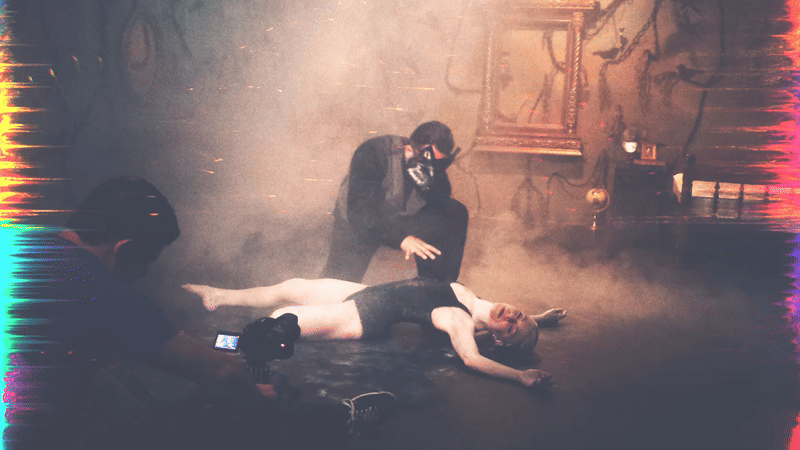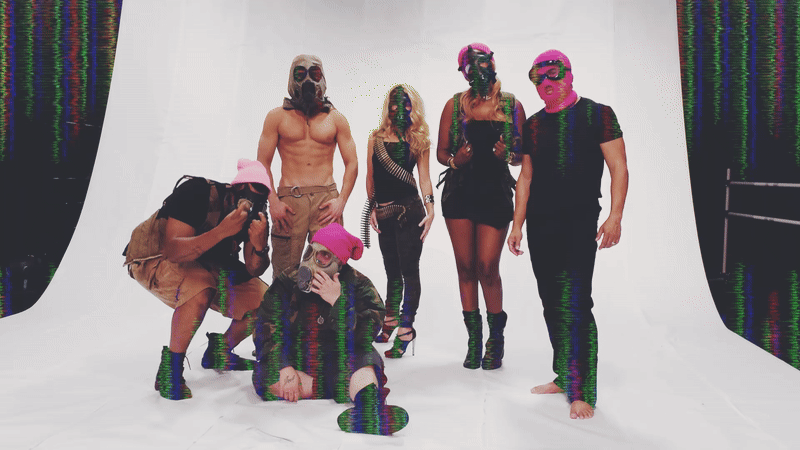
When Hay found out, he marveled at the idea of his former collaborator managing to get richer than nearly all working musicians without being a household name. “He had a billion streams,” Hay claims, “and no fans.”

When he first met Smith in 2013, Hay was working as a publicist; to make extra cash, he sold online PR consulting to aspiring musicians at $250 a session. Smith came across those sessions and signed up. “He did something really grandiose,” Hay says. “He booked like 20 hours.” Ka-ching!
Smith flew in for his tutorial in person. Though Hay was the local, Smith picked the meeting spot, a sports bar in a strip mall. (“Control freak,” Hay says now.) The way Hay understood it, Smith had amassed a fortune running medical clinics. As his next act, Hay says, Smith wanted to get famous, and he was willing to spend whatever it took. By the end of the first consultation, he says, they were simpatico: Smith yearned to be a star, Hay a starmaker.
The two men quickly settled on a strategy. Although Smith wanted to be an artist himself, they’d start a label called SMH Records and work their way through the industry as producers and behind-the-scenes movers—basically, paying their way in. “Spared no expenses on the budget,” says B. Stille, one of the members of the southern rap group Nappy Roots, who worked with Smith and Hay a few times. One of the pair’s first wins was coproducing a buzzy single for the group. Smith also financed, and became a judge on, BET’s One Shot, where he scouted for rap’s next stars alongside DJ Khaled, Twista, and T.I., despite the fact that they were all big-name hip-hop stars and he was a relatively unknown record producer with a checkbook.


Around the time Smith started working on One Shot, Hay began to suspect that his buddy’s finances were not all in order. He and another SMH employee dug around to see what they could uncover about their colleague. In February 2015, Hay sent their business associates a 111-page document accusing Smith of financial mismanagement. Hay thought it was his “Jerry Maguire moment.” He was confident he’d convince at least one other person that something was deeply wrong.
But others saw their relationship with Smith differently. “Everybody stayed with Mike,” he says. “It made me feel really stupid.” People in their circle trusted Smith, it seemed. Kxng Crooked, a rapper who judged with Smith on One Shot, found him wholesome. “I flew out to his house and played with his kids,” the rapper says. Goldy Locks, a musician on the SMH label, says she’d had “a completely positive experience” working with Smith. “Out of all the labels that I’ve ever been on, Mike’s the only one that’s ever taken care of us.”
One Shot aired in 2016, lasting for a single season. It marked a high point in Smith’s career—and a downturn for Hay. In 2017, two men broke into Hay’s apartment and held him and his daughter at gunpoint. Smith came to check on him afterward. Hay appreciated the gesture, and his anger faded. That is, until their jazz album came out and Hay began to suspect Smith again.





